You have to go back to the nineteenth century for more examples of Scots being selected for England. Although one was born in England due to his father’s military posting, the others had no English heritage apart from their residence.
Stuart Macrae, despite his fine Scottish name, won five caps for England in 1883-84. He was a son of Duncan Macrae of Kames Castle on the Isle of Bute, but was born in 1855 in Bengal, where his father was serving in the Indian Army. Stuart was sent back to Scotland for his education at The Edinburgh Academy, where he was captain of the school rugby team in 1872-73, and later moved south to Newark where he married into a brewing family. There, having switched to association rules, he played for Notts County and was duly capped by England. He also introduced golf to the town and was a decent cricketer for Gentlemen of Nottinghamshire.
Alongside him in the 1877 team was the only England player ever to have been actually born in Scotland. John Bain was born in Bothwell, Lanarkshire in 1854 to Scottish parents, but the family moved south when he was about ten. He went to Westminster College and Oxford University, where he won his blue at football in 1875, and earned a cap two years later. In the same month he played in the FA Cup final for Oxford – in opposition to William Lindsay.
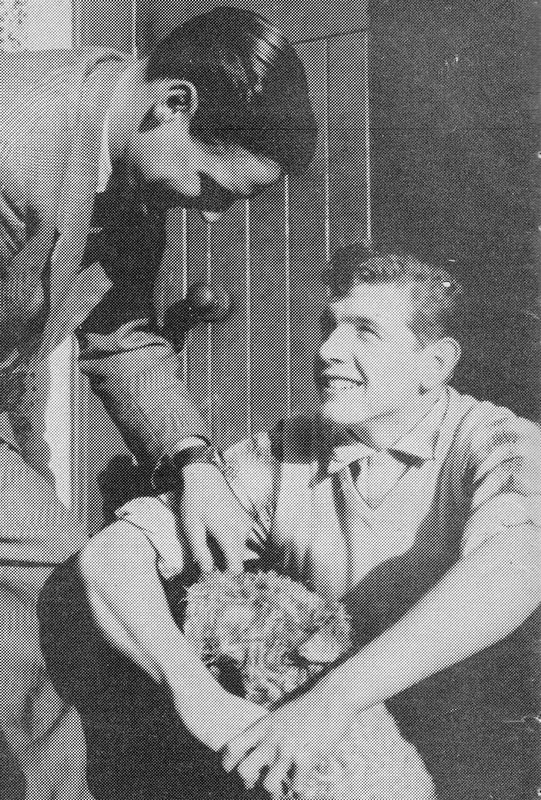
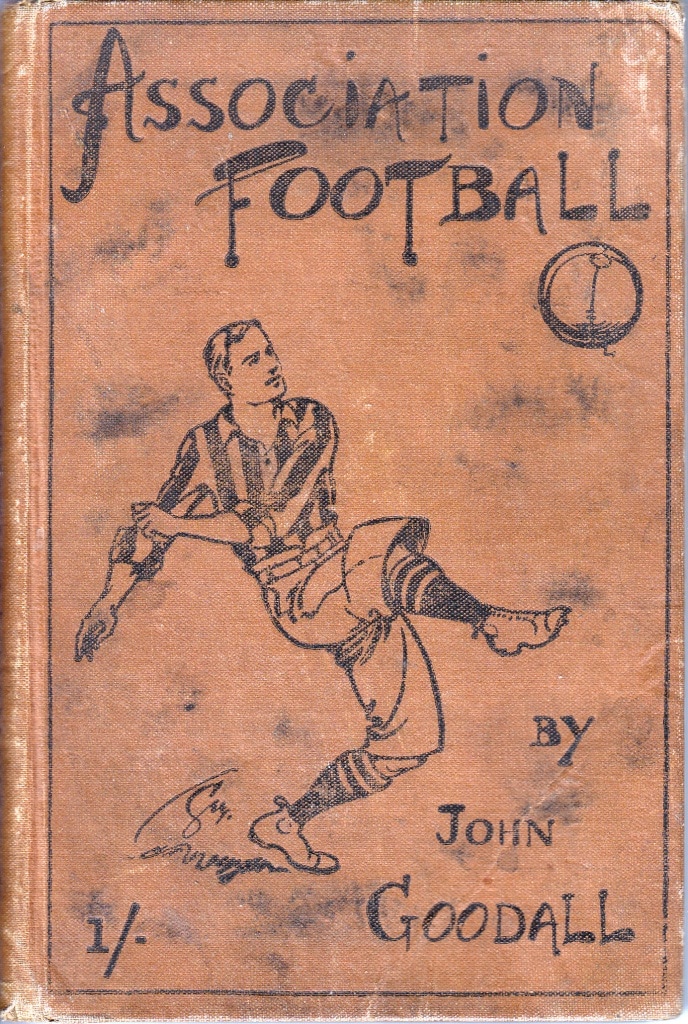
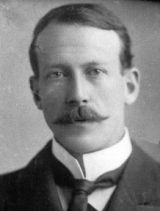

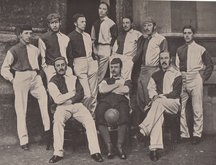
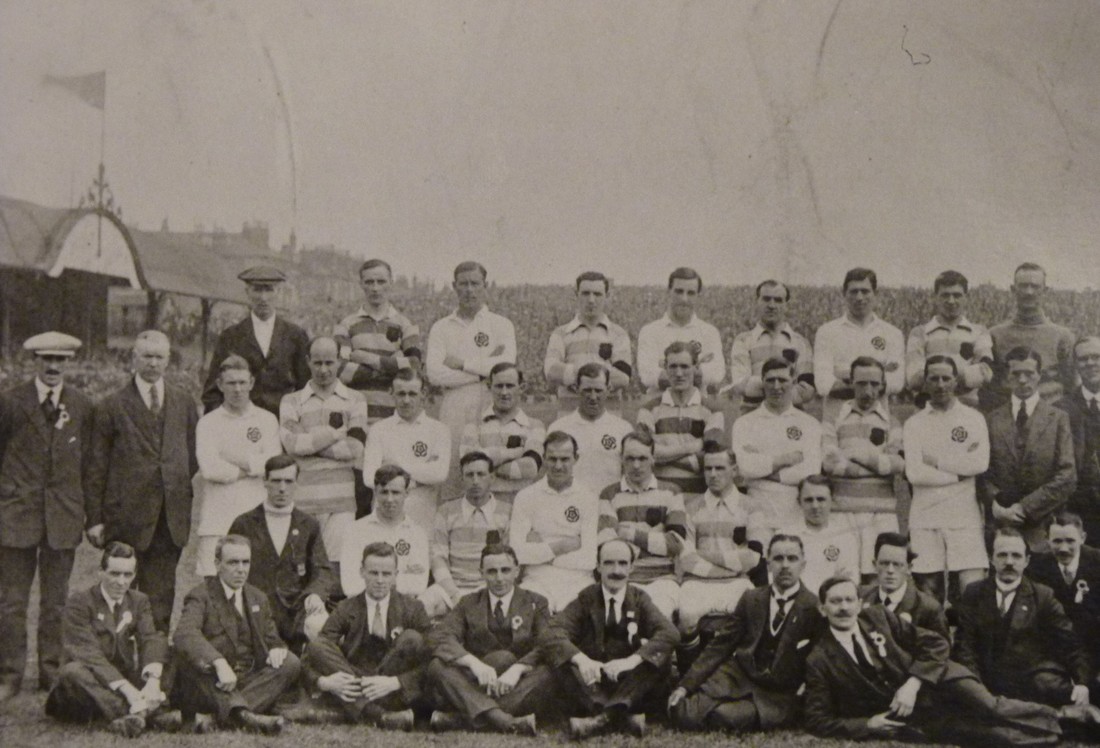
 RSS Feed
RSS Feed